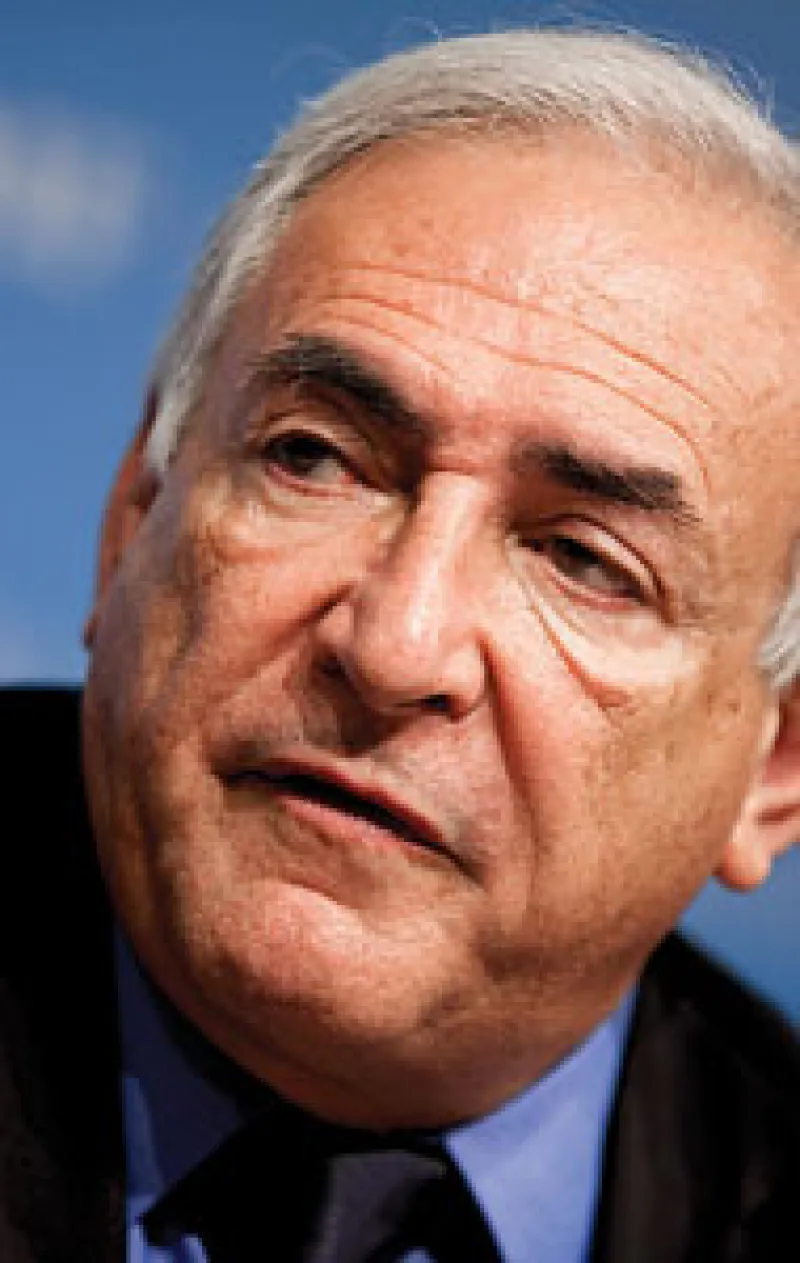
IMF Accepts Global Watchdog Role
IMF managing director Dominique Strauss-Kahn is enjoying newfound respect — and clout — for monitoring global financial stability.
Tom Buerkle
September 3, 2009


